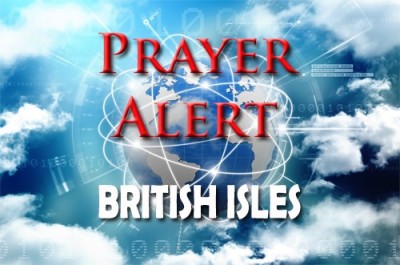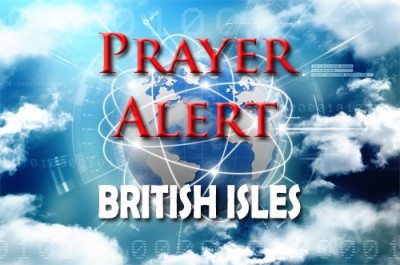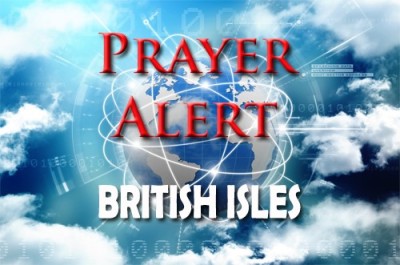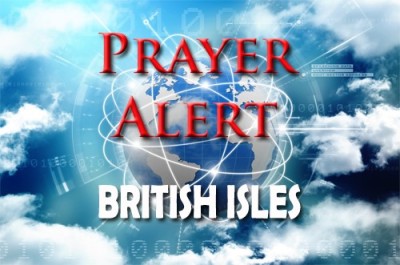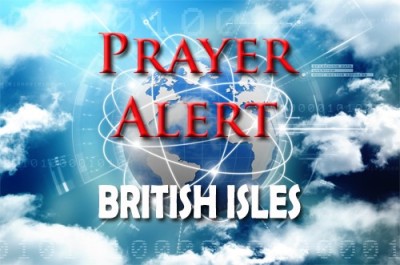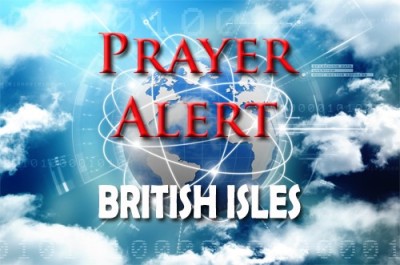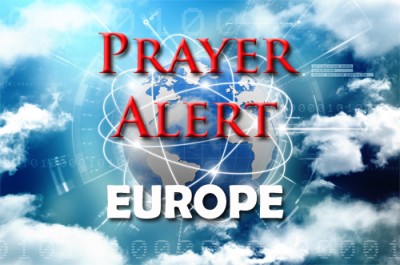Hassan, raised in a strict Muslim household in Lebanon, experienced a tumultuous childhood marked by abuse from his father and later from his radical Muslim stepfather. Seeking acceptance, he delved into Islamic philosophy, even persecuting Christians he encountered. However, a traumatic moment when he witnessed a murder led him to question his faith. This inner turmoil culminated in a dream where Jesus appeared, offering him peace. Initially confused, Hassan spent years searching for meaning, even attempting to convert to Judaism. A turning point came when a friend invited him to a Christian baptism, where he encountered the love of Christ through the congregation. A vision of the cross and a pastor's prophetic message profoundly moved him, leading to his conversion. Today, Hassan leads Christ is Enough Ministries in Montreal, where he shares the Gospel, particularly with Muslims, using his deep understanding of Islam to contrast it with the love and peace he found in Jesus.
The new Labour government plans to reopen two immigration detention centres, Campsfield House and Haslar, aiming to achieve the highest rate of removals of those without the right to remain in the UK since 2018. The reopened facilities will initially provide 290 beds, with the long-term goal of expanding to a thousand. This decision has attracted strong local opposition, particularly at Campsfield House, which previously faced issues like hunger strikes, self-harm, and suicides before its closure in 2019. The Home Office has emphasised that the welfare and safety of detainees are taken seriously, promising to carry out removals with dignity and respect. Additionally, Labour is increasing efforts to crack down on illegal immigration and human trafficking by establishing a new Border Security Command and deploying more intelligence officers to the National Crime Agency. These measures are part of a broader strategy to address rising immigration concerns, particularly as the number of small boat crossings continues to increase.
The UK prime minister and Welsh first minister have launched a joint initiative to transform Britain into a clean energy superpower. This mission focuses on significant investments in homegrown energy, which aims to stimulate economic growth, create jobs, and enhance energy independence. Sir Keir Starmer and Baroness Morgan visited a wind farm in West Wales, showcasing the Welsh government's investment in green energy. A key element of this plan is the establishment of Great British Energy, a publicly owned entity that will oversee clean energy projects across the UK. Starmer emphasised the commitment to ending the era of fluctuating energy bills and ensuring clean power by 2030, thereby boosting the country's energy security and economy. In Wales, the government’s renewable energy developer, Trydan Gwyrdd Cymru, is set to generate enough clean energy to power up to a million homes by 2040 and create thousands of jobs. This collaborative effort underscores the UK’s ambition to lead globally in clean energy and achieve long-term energy sustainability.
Scotland: increase in drug-related deaths
22 Aug 2024Scotland has seen a concerning rise in drug-related deaths, with 1,172 fatalities recorded in 2023 - a 12% increase after two years of declines. Dr Tara Shivaji, a consultant at Public Health Scotland (PHS), highlighted that these statistics represent real people whose families are now grappling with grief. The unregulated drugs market in Scotland is becoming increasingly toxic and unpredictable, with a surge in potent synthetic drugs which are often mixed with other substances, with deadly consequences. Dr Shivaji says that Scotland's drug crisis is deeply rooted in social issues such as poverty, homelessness, trauma, and stigma. Addressing these underlying factors is essential for tackling the crisis. PHS is committed to working with various organisations to reduce these inequalities and improve public health outcomes, recognising that there are no simple solutions to this complex challenge.
Twenty Afghan women, whose medical studies were abruptly halted when the Taliban took control of Afghanistan in 2021, will finally resume their education in Scotland after years of uncertainty. The women, banned from universities by the Taliban, have been granted visas under a unique scheme involving the charity Linda Norgrove Foundation, the UK Home Office, and the Scottish government. They will study at prestigious universities across Scotland. Some were just one exam away from qualifying as doctors when the Taliban imposed the ban, while others had years of hospital experience. The women, who spent their time in hiding and studying English, are excited about their new opportunities in Scotland, where they will be treated as residents, allowing them to study without paying tuition fees and receive student loans. This breakthrough came after prolonged advocacy efforts to adjust visa rules and open a resettlement pathway for vulnerable Afghan women.
Rachel Reeves is preparing to implement a tough October budget that includes tax increases, spending cuts, and stricter benefit policies. Despite stronger-than-expected economic growth in early 2024, she faces a significant budget deficit, with government borrowing reaching £3.1 billion last month, more than double the amount from the previous year. Reeves had already announced initial cuts, including the scrapping of winter fuel payments for most pensioners and halting plans for social care reform. The upcoming budget is expected to raise more revenue from inheritance and capital gains taxes, maintain a 1% increase in public spending with cuts in some departments, and uphold the two-child benefit cap. Despite improved economic performance, the Treasury insists that the financial situation remains dire, with borrowing on track to exceed forecasts. Reeves argues that she inherited the worst public finances since World War II, and further tough decisions are necessary to address the substantial 'black hole' in the budget.
Alberta Obinim, a beloved church leader in Manchester's Ghanaian community, tragically lost her life in a triple stabbing at her family's home on 18 August. Alberta, 43, was known for her vibrant personality and dedication to the Blessed Baptist Temple, where she and her husband Joshua, who is now in critical condition along with their daughter, led the women’s wing. The police quickly responded to the incident, arresting a suspect believed to be known to the victims. The attack has deeply shocked the local community, with tributes pouring in for Alberta, remembered as a loving mother and a joyful presence. Detective superintendent Toby Facey expressed the police's commitment to supporting the affected families and uncovering the full details of the incident. The investigation continues, with increased patrols in the area and a call for witnesses or anyone with relevant footage to assist with inquiries. The community is mourning the loss of a cherished leader and praying for the recovery of the injured.
The authorities have intensified their investigation into internet influencer Andrew Tate, who faces serious charges, including human trafficking, sexual exploitation of minors, and money laundering. Recently, masked police conducted raids at his property near Bucharest, as part of an ongoing probe by Romania's anti-crime agency. Tate, along with his brother Tristan and two Romanian women, were arrested in 2022 and have since been formally indicted. While they have consistently denied all allegations, claiming a lack of evidence and a political conspiracy, they remain under strict legal restrictions, including house arrest and a ban on leaving the country. The case has garnered significant attention due to Tate's divisive online presence, where he promotes misogynistic views to millions of followers: he has already been banned by various social media platforms. The trial's start date is yet to be determined, following a lengthy preliminary legal process.

